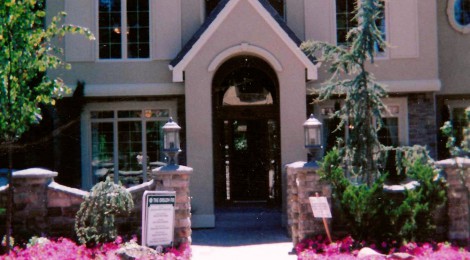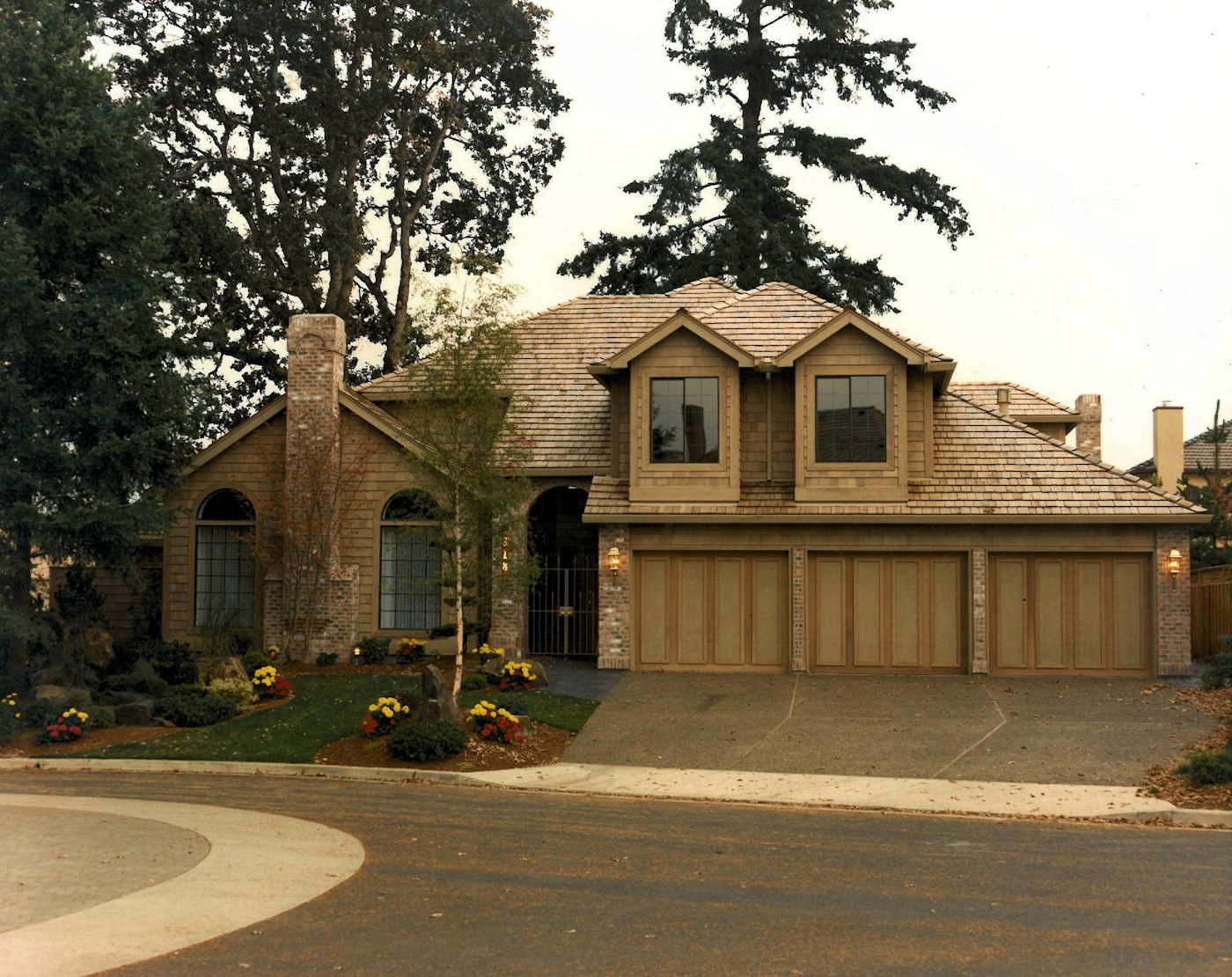
Q & A – How Long Should A Home Last?
 Welcome to evolution. Europeans, especially Germans and Swiss, think a home should last 100 years at a minimum and their materials and costs reflect this: smaller passive, expensive homes. Americans used to move every 3 to 5 years, and consequently the length of a house’s life was relatively unimportant.
Welcome to evolution. Europeans, especially Germans and Swiss, think a home should last 100 years at a minimum and their materials and costs reflect this: smaller passive, expensive homes. Americans used to move every 3 to 5 years, and consequently the length of a house’s life was relatively unimportant.
Now that energy costs are running up the monthly upkeep, we’re rethinking energy performance, as an inclusive part of the equation. However, if we discover a revolutionary source of energy, we could easily slip back to the old ways. The 200 year old homes in New England leaked so much heat energy, that the leaky roofs and walls dried out, with no rotting.
We now think of energy as a primary design element, as we should. Be warned, however, along with this come a new set of concerns. We’re building thermos bottles to live in and some of the old inadvertent problems are now exacerbated due to the lack of energy flowing out through the walls. Our methods cannot rely upon the escaping energy, to solve water leak problems. Moisture will breed mold, and we will breathe it. It could make us sick. We need to draw fresh air into the home and capture the energy in the interior air, before releasing it back to the atmosphere.
This is truly a new way of thinking about our homes. They should be around for possibly hundreds of years, now, are you really going to put in those cheap windows during the construction of your legacy? Heavy stuff.

